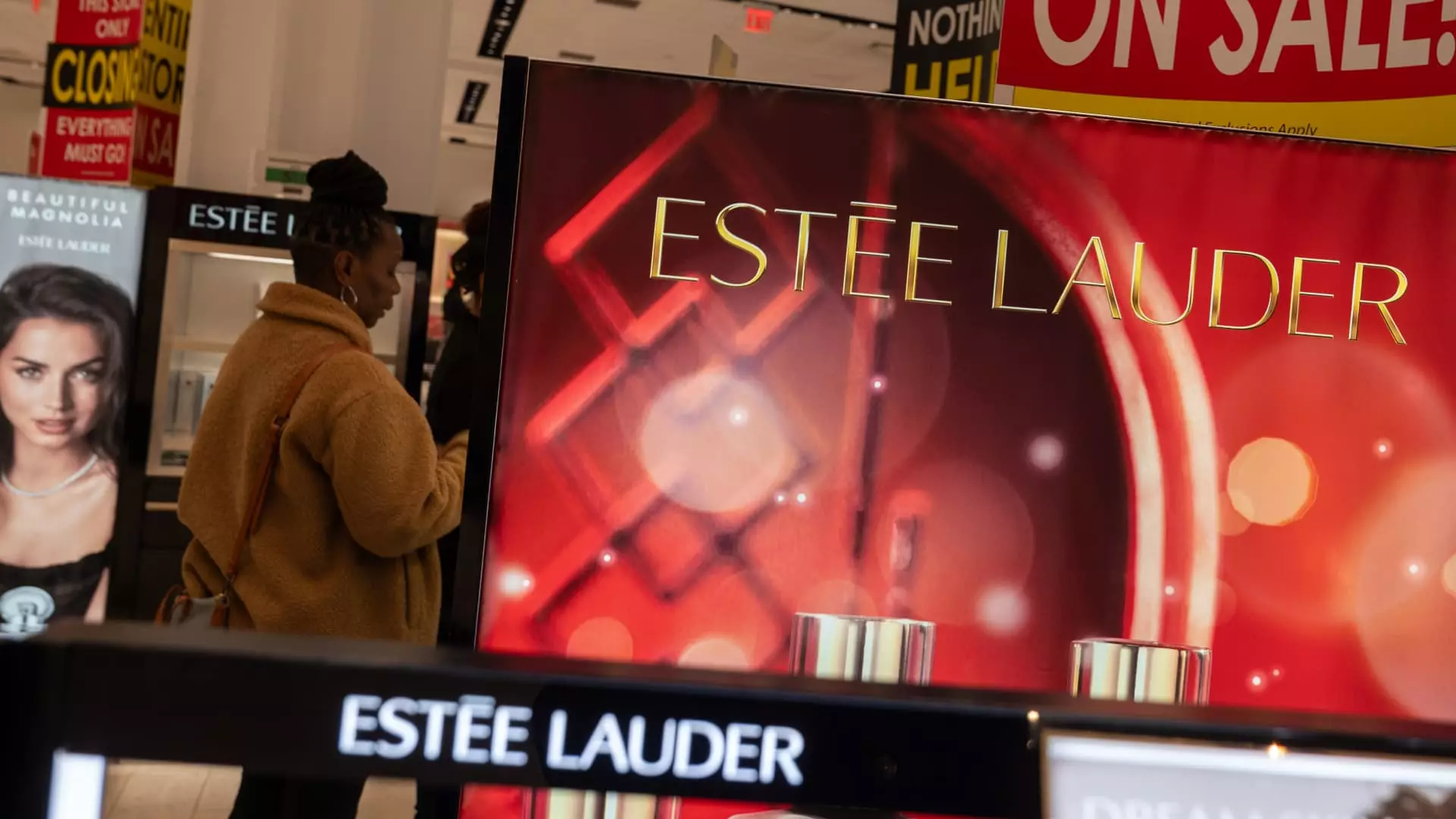The beauty sector is experiencing turbulent times, as numerous companies in this space, particularly E.l.f. Beauty and Estee Lauder, recently announced disheartening earnings reports that significantly impacted their stock prices. E.l.f. Beauty faced an alarming decline of nearly 29% over the course of last week, marking its most challenging five-day stretch since August 2018. Although the company accomplished a revenue beat for its fiscal third quarter, its failure to meet adjusted earnings per share expectations and a downward revision of its full-year sales guidance plunged investor confidence. The revised projections now sit between $1.3 billion and $1.31 billion, significantly lower than the previous forecast of up to $1.34 billion.
In the competitive landscape of beauty products, E.l.f.’s CEO Tarang Amin indicated that the sector as a whole experienced a downturn of 5% in January. He attributed this decline to a post-holiday slump in consumer demand, exacerbated by diminishing online engagement with beauty products. Following these disappointing revelations, leading financial institutions such as Morgan Stanley, D.A. Davidson, and UBS downgraded their ratings for E.l.f.’s stock, reflecting growing unease about future performance. This pattern of downgrades exacerbates the difficulties faced by brands attempting to navigate a constricting market.
Estee Lauder’s Significant Job Cuts and Market Reaction
Estee Lauder experienced a stark 22% drop in share price, thereby recording its worst week since November. This decline coincided with the company’s unsettling announcement regarding substantial job cuts, ranging between 5,800 and 7,000 positions, set to occur by the close of fiscal 2026. The turmoil stems in part from a decline in travel retail demand in Asia, which is projected to negatively influence the company’s net sales in the upcoming quarter. Despite outperforming expectations in its second-quarter revenue and earnings per share, the overall sentiment following the job cuts weighed heavily on investor perception. CEO Stéphane de La Faverie lamented the company’s decreasing agility and its failure to seize growth opportunities, showcasing a leadership challenge during these difficult times.
Additionally, other beauty brands like Ulta Beauty and Coty are not immune to this downward spiral, posting declines of 9% and 8%, respectively, over the week. The mood was further dampened when Amin indicated that E.l.f. Beauty noticed signs of “softness” in retail demand at Ulta during January. Moreover, the resurgence of tariff discussions presents an ominous backdrop for the entire beauty consumption sector. With China announcing tariffs on select U.S. imports in retaliation against new tariffs imposed by the U.S., companies heavily reliant on Chinese manufacturing—like E.l.f., which produces about 80% of its products across the Pacific—must brace for potential profit erosion. Although Amin expressed relief at the lower-than-expected 10% tariff rate, the specter of increased costs persists, threatening to undermine profitability in an already faltering market.
The recent plunge in beauty stocks signals the onset of a challenging period within the sector. Companies are grappling with not only disappointing earnings and predictions but also external market pressures from tariffs and shifting consumer behaviors. As these brands navigate uncertain waters, their ability to adapt and innovate will be crucial in regaining market confidence and fostering long-term growth amidst a complex economic landscape.

